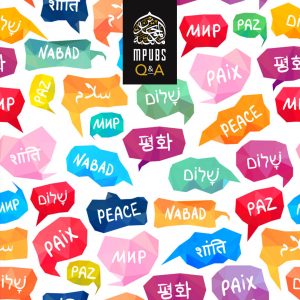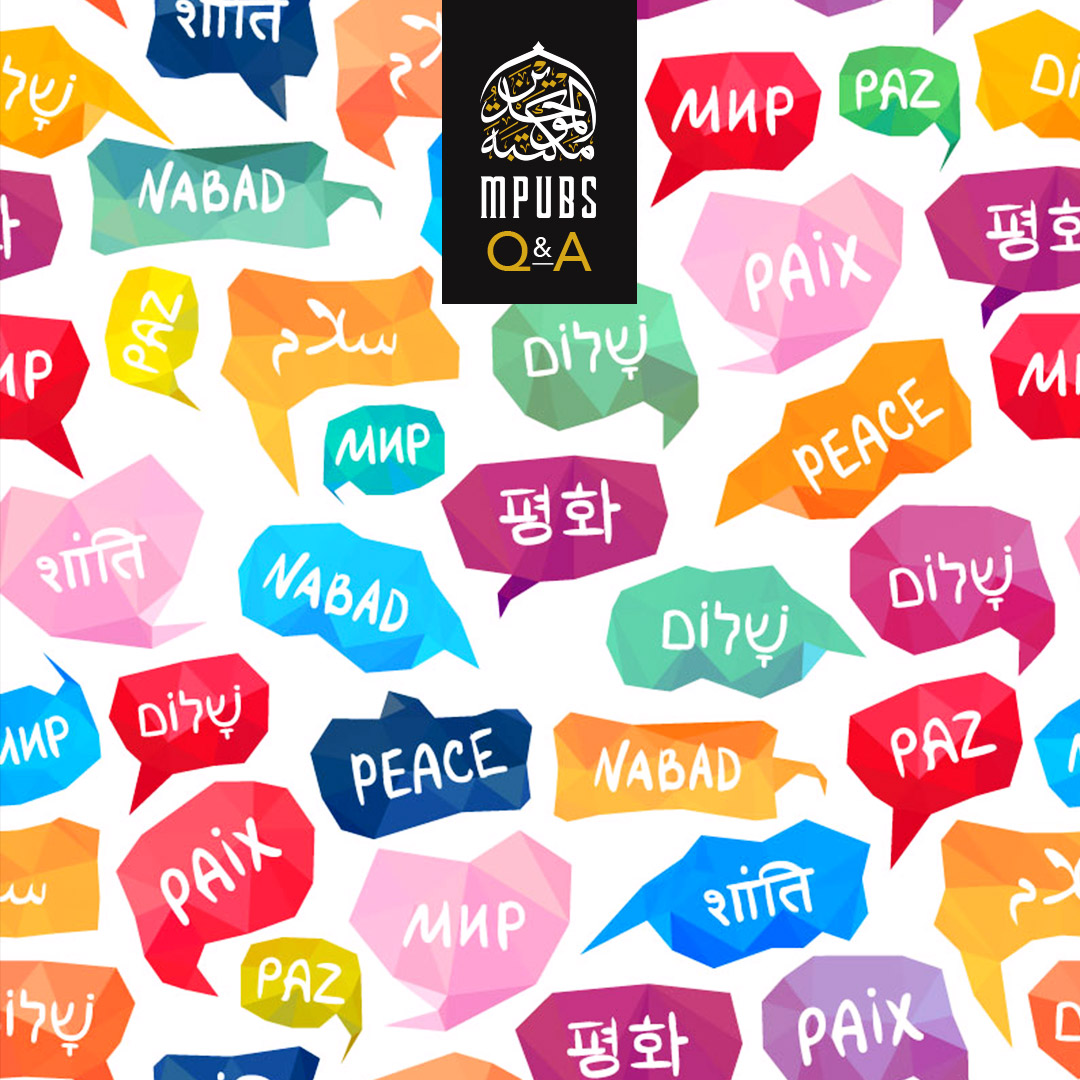Pivotal Quote
“And if he does not understand Arabic, then yes, he may make duʿāʾ in his language. He may even do so audibly if he is leading the people in prayer and they do not understand Arabic because the purpose of making the duʿāʾ is to understand. And so, if all that he understands is his language and not Arabic, then he should make duʿāʾ with what he understands and with what those praying behind him understand. The purpose of making duʿāʾ is to have a presence of heart and if a person is making duʿāʾ with something they do not understand, that is not possible. And so yes, the person may make duʿāʾ in his language and if he is leading others in prayer and they do not understand Arabic, he may make duʿāʾ in their language with what they understand.“
سؤال وجواب – عربي – ٢:٠٢ دقائق
Question and Answer – English [2:39]
 Question:
Question:
Is making Duʿāʾ al-Qunūt out loud obligatory, and how is the one who does not know Arabic and he is leading his family in prayer supposed to make duʿāʾ? Is he allowed to make duʿāʾ for them in a loud voice in his language when leading his family in prayer?
Answer:
Making duʿāʾ is a Sunnah. There is the duʿāʾ of Qunūt; it is a Sunnah, it is not wājib. And the etiquette of doing so is that the person should do so in an audible voice, loud enough for himself to hear if he is praying alone or for himself and those behind him to hear if he is leading people in prayer. He should not make his voice very loud, however. Loud enough for the people to hear him but not shouting.
And if he does not understand Arabic, then yes, he may make duʿāʾ in his language. He may even do so audibly if he is leading the people in prayer and they do not understand Arabic because the purpose of making the duʿāʾ is to understand. And so, if all that he understands is his language and not Arabic, then he should make duʿāʾ with what he understands and with what those praying behind him understand. The purpose of making duʿāʾ is to have a presence of heart and if a person is making duʿāʾ with something they do not understand, that is not possible. And so yes, the person may make duʿāʾ in his language and if he is leading others in prayer and they do not understand Arabic, he may make duʿāʾ in their language with what they understand.

